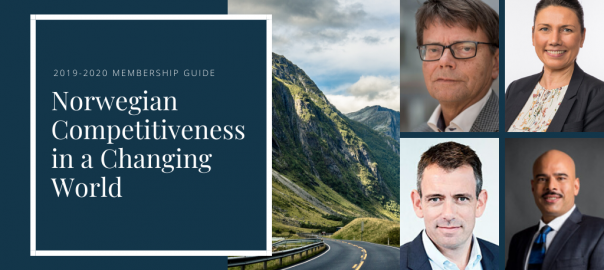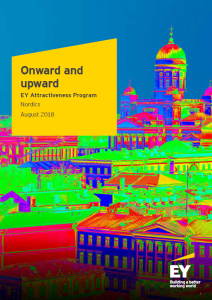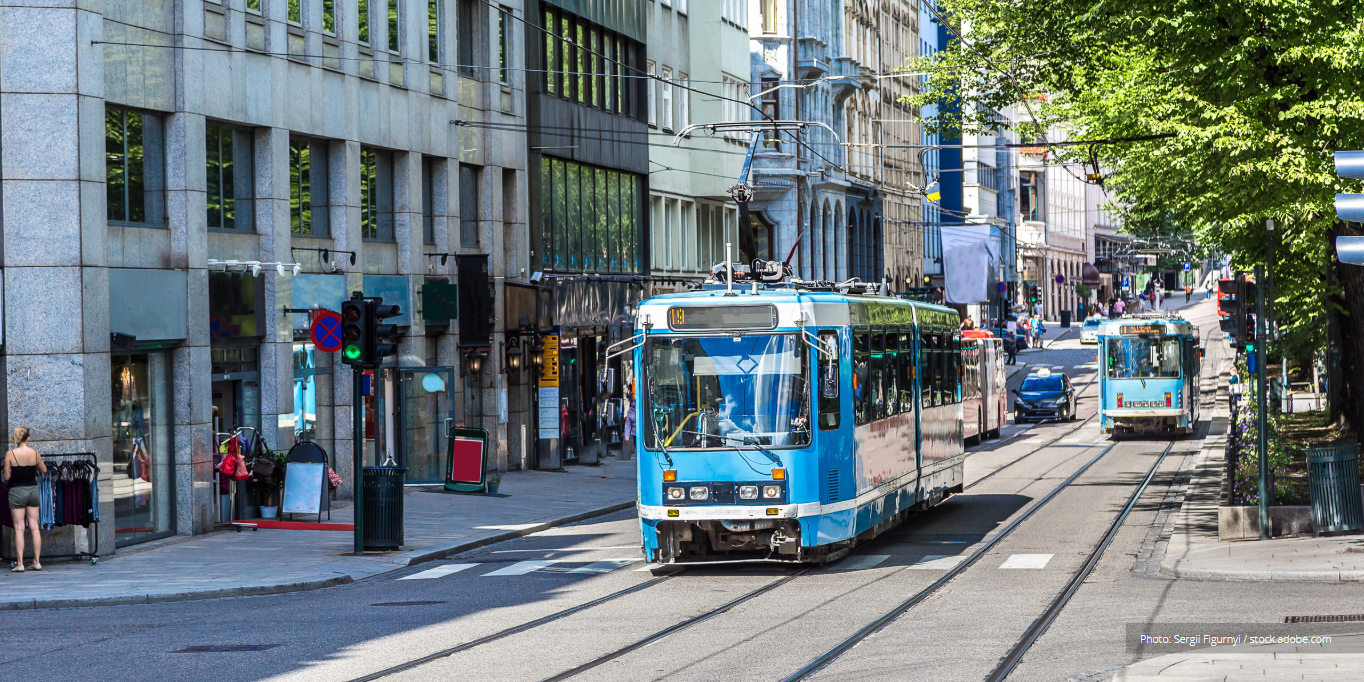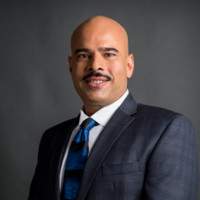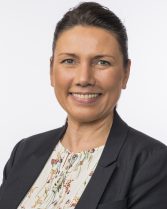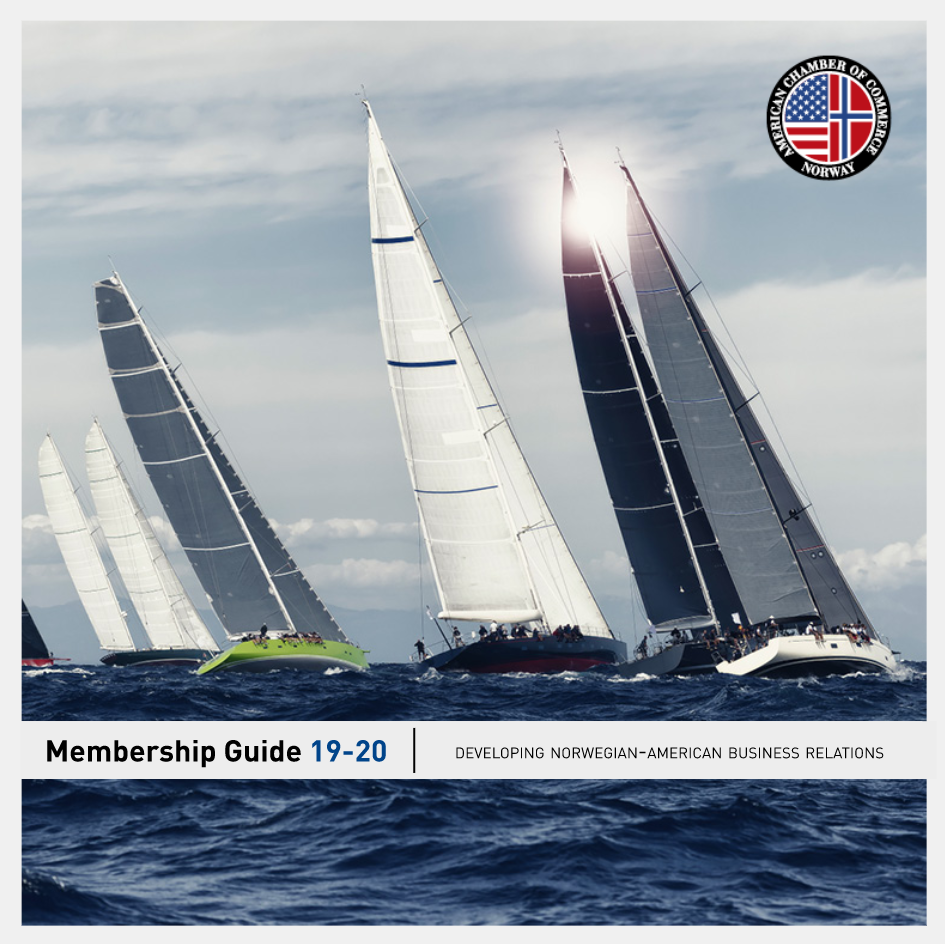|
WASHINGTON, D.C. — Today, U.S. Chamber of Commerce CEO Thomas J. Donohue gave the annual State of American Business address, where he outlined top priorities for the business community in the coming year. During the event, the Chamber highlighted several business leaders who are finding solutions in the face of uncertainty and called upon government leaders to adopt the must-do spirit of American business to address challenges and seize opportunities in Washington, in the states, and around the world.
Chamber Calls for Meaningful Action in Washington
While acknowledging the complex political environment, Donohue called out top challenges that require bipartisan action in Washington, including a comprehensive infrastructure package, reforms to our immigration system, and solutions to climate change.
“Does it sound like we can afford to take the year off?” Donohue asked. “Of course not—inaction is not an option. So, let’s flip the conventional wisdom that nothing gets done in an election year. It’s because it’s an election year that folks will want and need to be productive.”
“Sound like a pipe dream? Well, just look at what happened at the end of last year, when nothing was supposed to get done.” Donohue then pointed to the flurry of bipartisan legislative activity that took place in December including House passage of the U.S.-Mexico-Canada Agreement, extension of the Export-Import Bank, enactment of the SECURE Act, and the repeal of healthcare taxes.
Donohue also called for continued progress in rebuilding the political center and reasserted the Chamber’s commitment to reward bipartisanship and legislative courage. He noted that, earlier in the day, the Chamber hosted a bipartisan breakfast with Members of Congress to talk about shared goals for the year ahead.
Chamber Looks Beyond Washington
“Washington isn’t the sole source of uncertainty,” Donohue said. “Many of the big questions, begging meaningful action, will be coming at us from the states, from abroad, and in the debate over the future of our economy and the role of business.”
When emphasizing the importance of working together outside of Washington, Donohue recognized chambers of commerce across the country hosting watch party events, including Arkansas, Tennessee, Virginia, Montana, and New York; as well as global partners from the American Chambers of Commerce in Mexico City and Toronto, Canada, as well as London and Brussels.
Donohue described how action on a number of business priorities is increasingly shifting to the states, especially in instances where the federal government has failed to set clear policy. This has presented both challenges and opportunities for business and requires thoughtful engagement all across the country. He warned that laws or proposals being pushed in the states on matters ranging from data privacy to independent contracting will have nationwide consequences. Additionally, the states are increasingly fertile ground for business opponents to advance questionable agendas, including the class action trial bar’s sweeping new focus on municipality litigation targeting businesses under the public nuisance law.
Donohue also called for proactive American leadership around the world, pressing that global engagement is essential for the sustainability and growth of many U.S. businesses.
“Engaging with the world is our best strategy for strong national security and lasting prosperity,” said Donohue. “Embracing free trade doesn’t mean ignoring unfair practices aimed at us. It means leading the way in setting the rules and enforcing them, based on the simple propositions that more trade is better than less trade, more customers are better than fewer customers, and expanding markets globally will benefit everyone,” he continued.
Donohue reminded the audience that 95 percent of the world’s customers live beyond American shores and then lauded House passage of the U.S.-Mexico-Canada Agreement. He then raised the need for trade agreements with the UK and EU, Japan, Brazil, and markets in Africa and stressed the importance of U.S. engagement in the booming Asia-Pacific.
Donohue said, “America must be involved, not isolated. We must set the pace, in an open and collaborative manner, for global engagement—not only in trade, but also finance, technology, intellectual property, investment, environment, and the rule of law.”
Defending Free Enterprise
With his third and final imperative for action, Donohue stated that businesses should engage in the ongoing debates “over the future of our economy and the role of business in our society.”
“The debates about free enterprise are not merely academic,” he said. “They are happening across the kitchen tables of hardworking Americans and in diners from Des Moines to Manchester. These debates are playing out on the campaign trail and seeping into the policy arena, with candidates for president calling for the federalization of some American businesses, the elimination of private health insurance, an outright ban on the energy production that has strengthened our national and economic security, major redistributions of wealth to pay for programs that would put the government in charge of more aspects of our lives, and proposals to silence the voice of American business and limit its lobbying and political engagement.”
Donohue noted the many ways that business is a force for good in today’s society, but warned that if only a few businesses are being created or going public, they cannot drive growth and prosperity for the many. Noting that there are half as many public companies today as there were in 1996, Donohue challenged leaders across business and government to “reinvigorate the American innovation machine” by surpassing 500,000 business creations a year and having 250 companies go public every year. By comparison, from 2006 to 2016 the average number of IPOs per year was 126, and during that same period the U.S. economy averaged 482,519 business creations per year.
“Ladies and gentlemen, the state of American business may be uncertain, but the spirit of American business is undaunted,” Donohue said in closing. “It is resolute. It is determined. And it is relentlessly focused on leading into an important year, through a pivotal decade, and toward a future that remains as bright as ever.”
Donohue’s remarks, as prepared for delivery, are available online here. To watch the 2020 “State of American Business” address, please visit our website.
|

